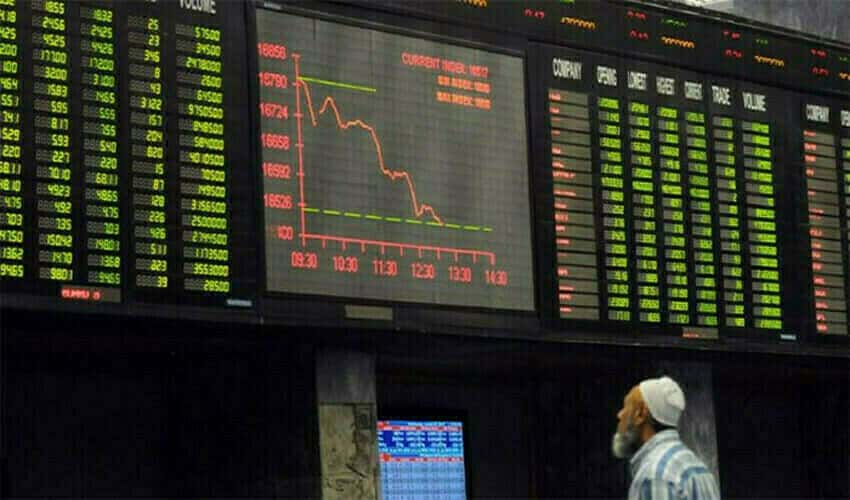US President Donald Trump saw the sharp decline in Asian stock on Monday after imposing taxes on Canada, Mexico and China.
President Trump’s latest move has raised concerns about a possible trade war, eventually affecting global economic growth.
The US dollar recorded a record against the Chinese yuan in foreign trade. The US dollar has reached its strongest level against Mexico Peso since 2022 and Canada’s dollars since 2003.
Initial trade declined by 2.3 % in Japan’s Nikki 225, while the Australian benchmark index, which is often seen as a barometer for Chinese market sentiment, fell more than 2 %.
Hong Kong stocks, which include several Chinese firms, declined by 1.9 % after the trade resumed after the lunar New Year’s break. In Europe, Pan European Stokes X50 Index is 2.7 % for the future.
New prices, which impose 25 % duty on Canada and Mexico and 10 % levy on China, will be implemented at 12.30am on Tuesday.
In response, both Canada and Mexico promised retaliation, while China announced plans to counter revenue at the World Trade Organization (WTO).
Economists have warned that these measures can increase in a complete trade war, which promotes American inflation and slows down economic growth.
Barclass analysts estimates that prices may result in a hit of US corporate revenue by 2.8 %, which factor in potential response measures of the affected countries.
Trump defended the necessary steps to stop the migration and the arrival of Fantinel to the United States.
He said he would talk to Canada and Mexico leaders on Monday about the taxes that would be implemented on Tuesday night.
The US president also announced that he would soon set up tariffs for the European Union.






